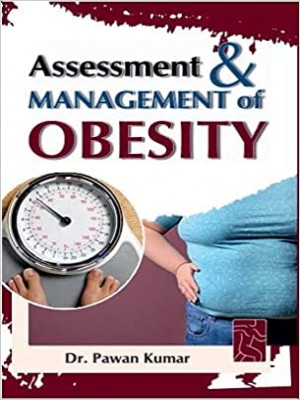
The prevalence of overweight and obesity has increased substantially in all societies across the globe during the last three decades. Obesity is a very complex condition, one with serious social and psychological dimensions, which affects virtually all age and socioeconomic groups and threatens to overwhelm both developed and developed and developing countries. Obesity poses a major risk for serious diet and physical workout-related non-communicable diseases, including diabetes, cardiovascular disease, hypertension, and strokes.
Obesity can be determined by many methods, some of which are very simple, while others are complex. These methods of assessment include the body mass index (BMI), other anthropometric methods, skin fold calipers that measure percent body fat, and highly advanced methods.
Calories matter for weight and some foods make it easier for us to keep our calories in check. Healthy eating is a key to good health as well as maintaining a healthy weight. It's not only what and how we eat but how we eat that's more important.
Exercise can promote weight loss. Being moderately active for at least half an hour a day on most days of the week can help lower the risk of chronic disease. To stay at a healthy weight, or to lose weight, most people will need more physical activity to counteract the effects of increasingly sedentary lifestyles.
The book assessment and management of obesity is based on the curriculum of Physical Education, University of Delhi, 2nd semester. The book gives a comprehensive overview of obesity assessment and its management. It will serve as a text for the students. The book is written in an easy language easily understandable to students.
595
@copyrights all reserved The Readers Paradise Design By www.cypwebtech.com